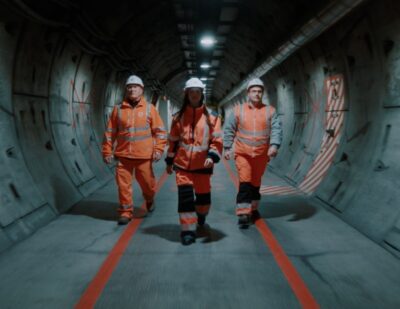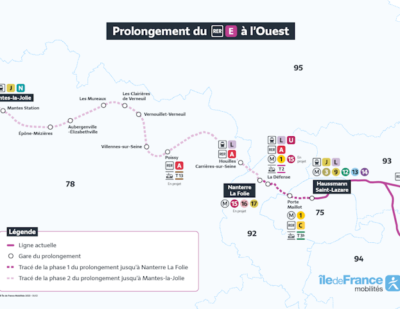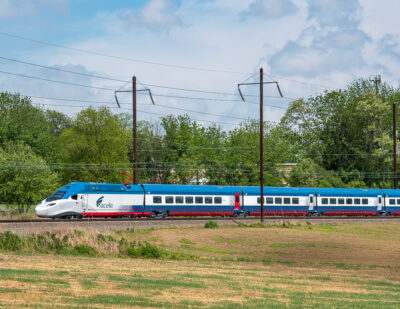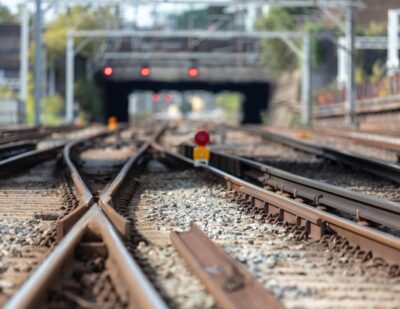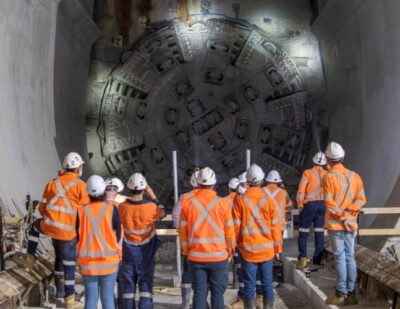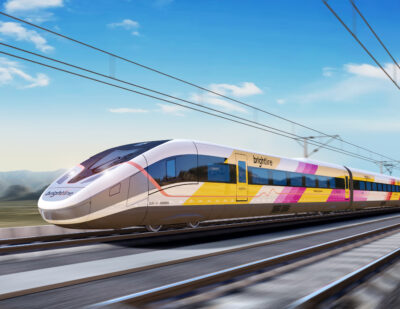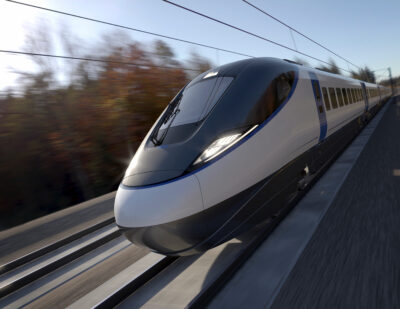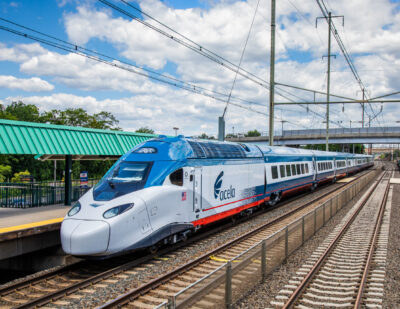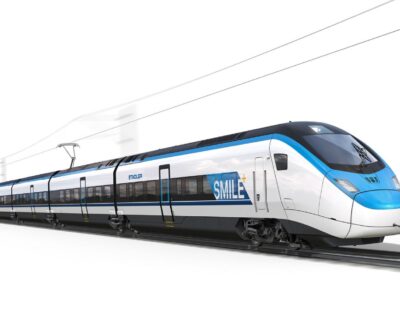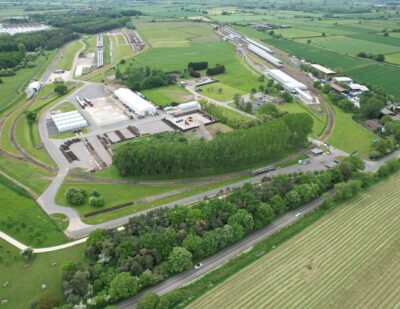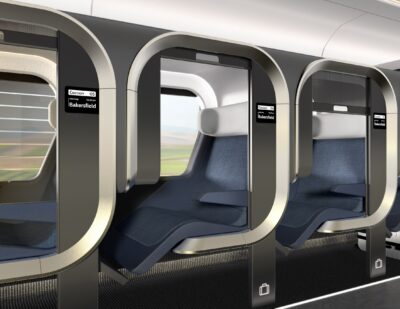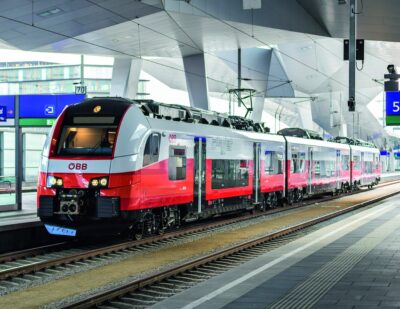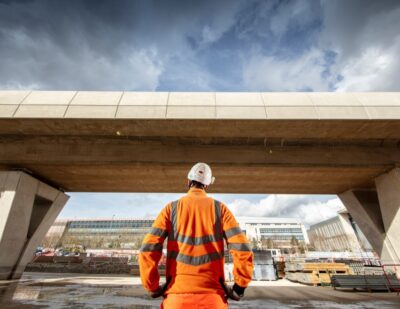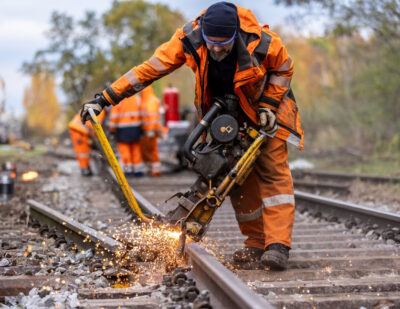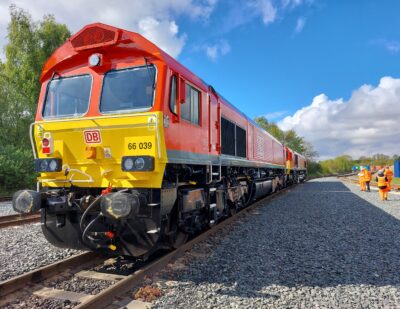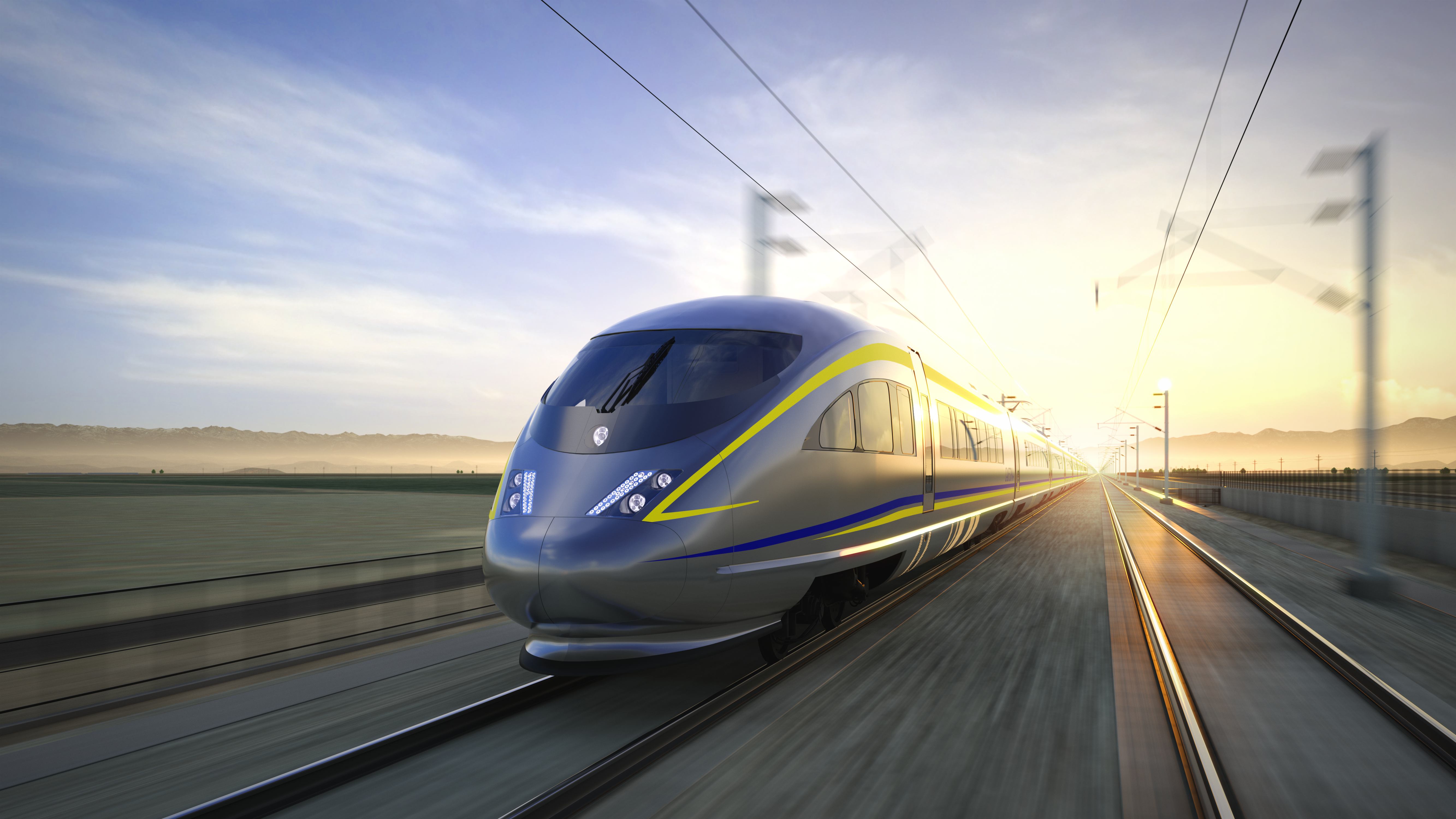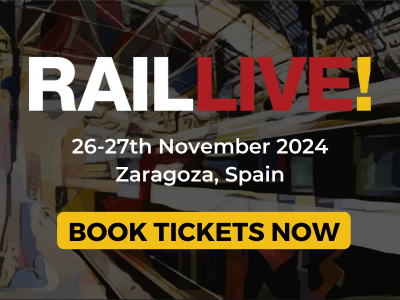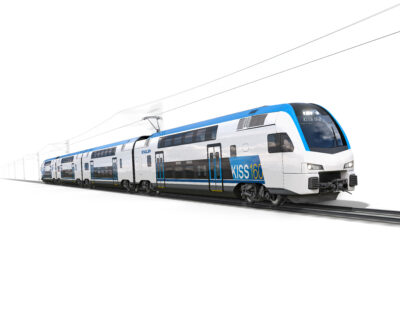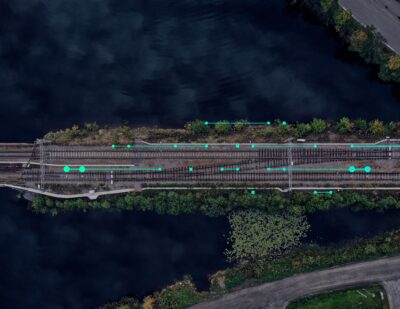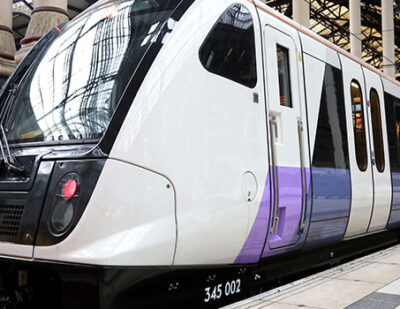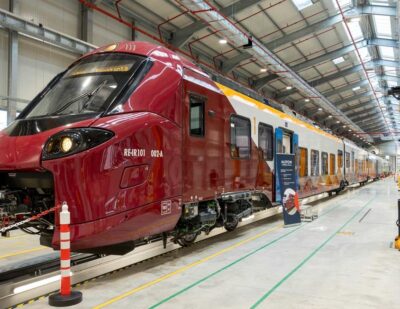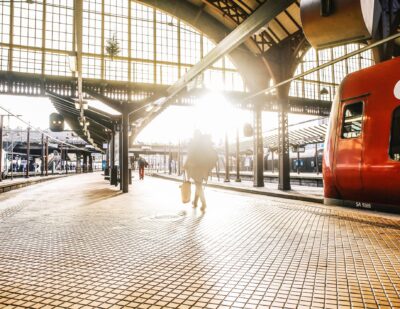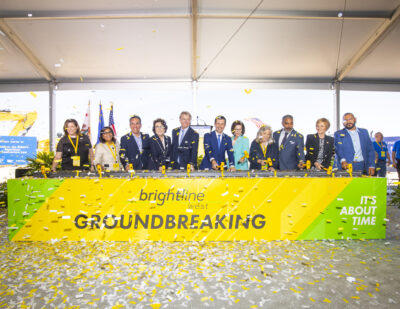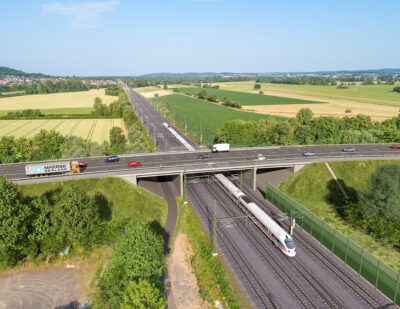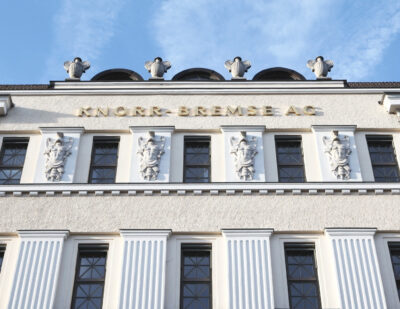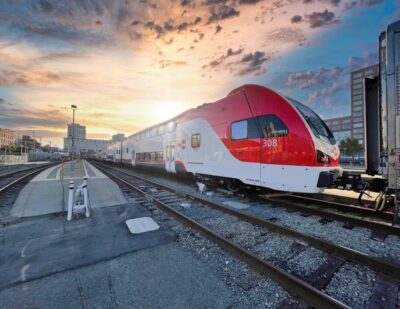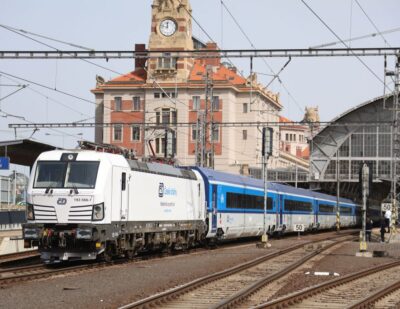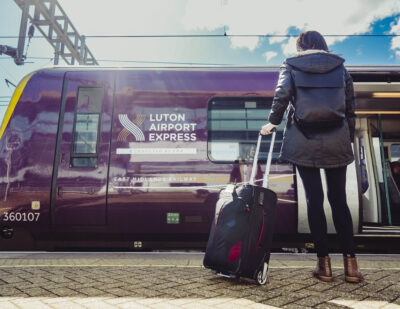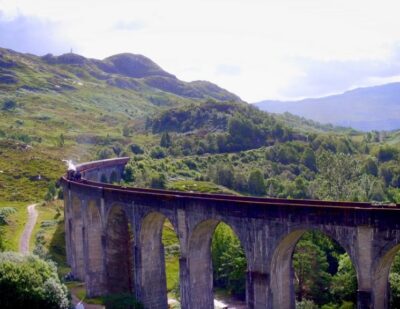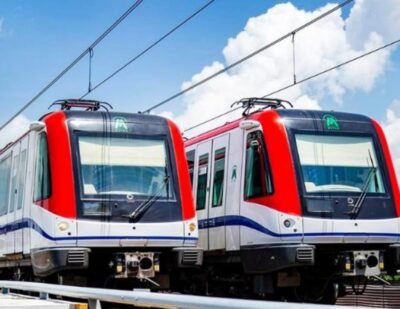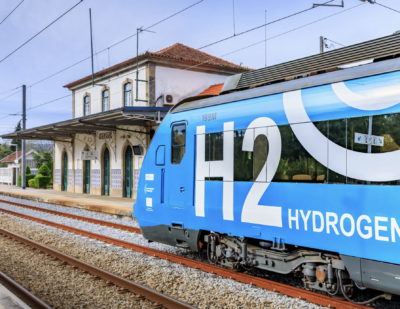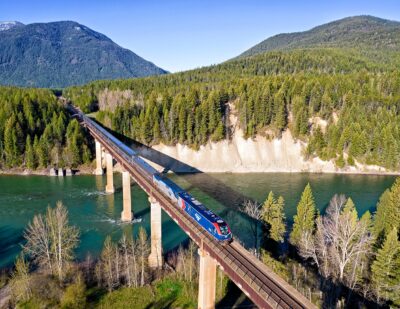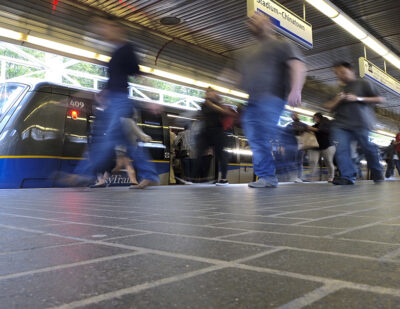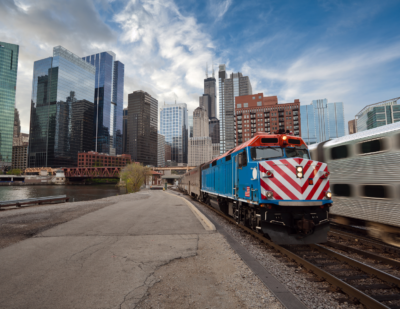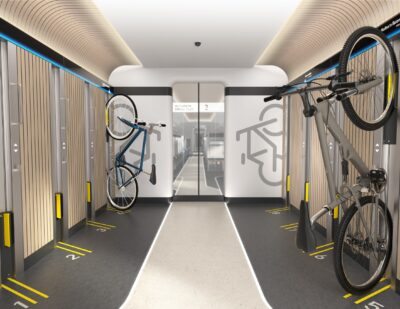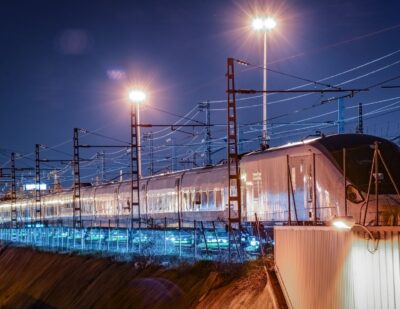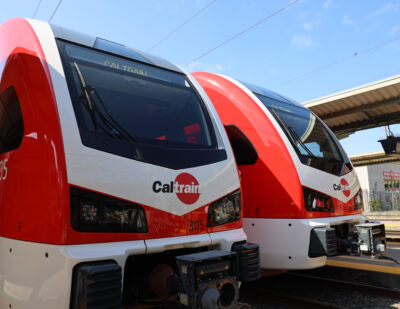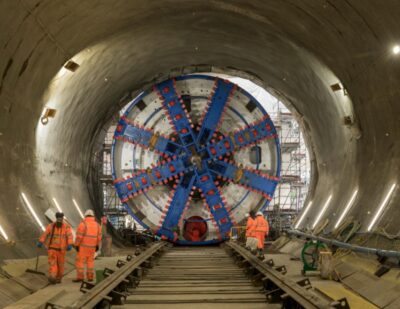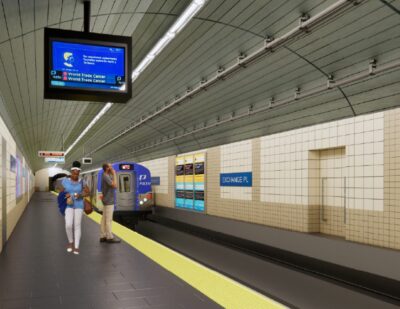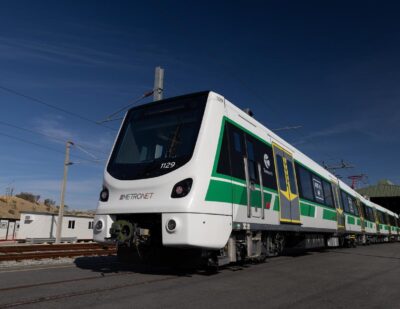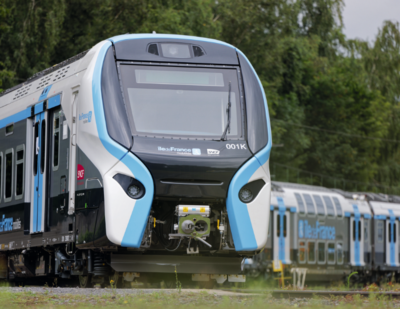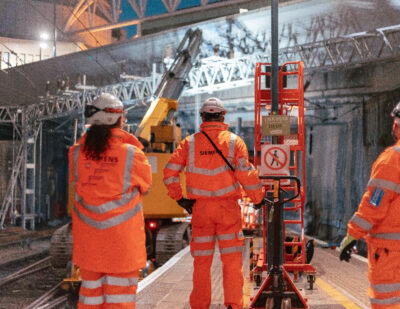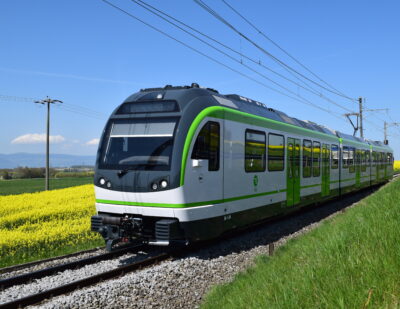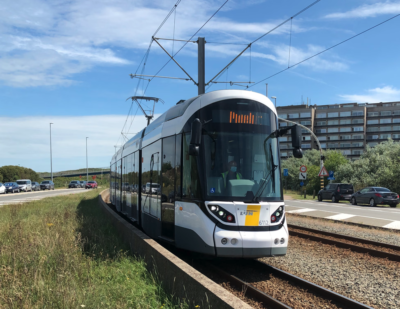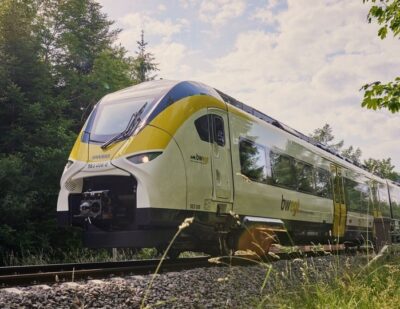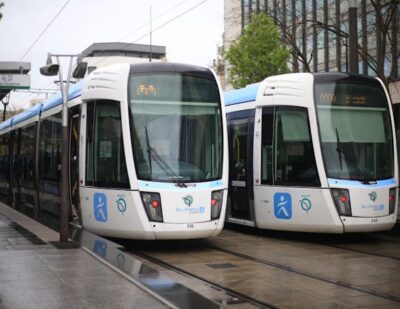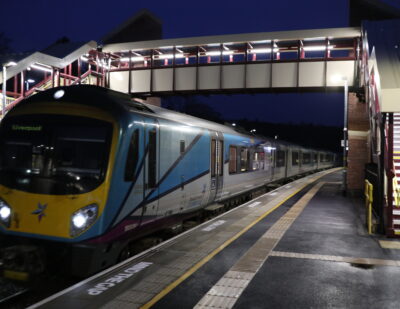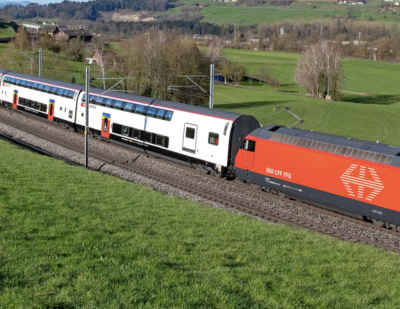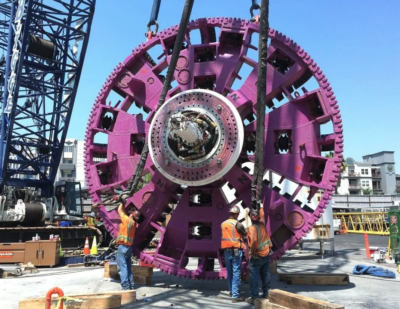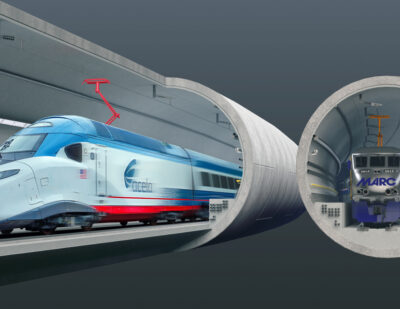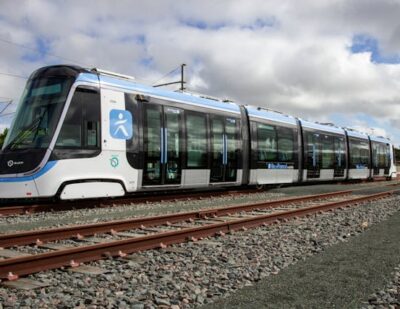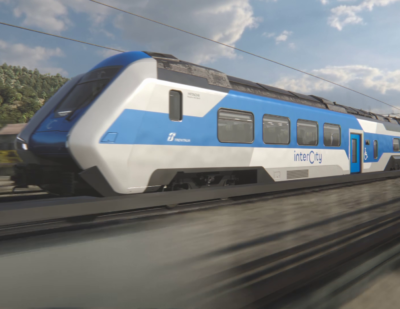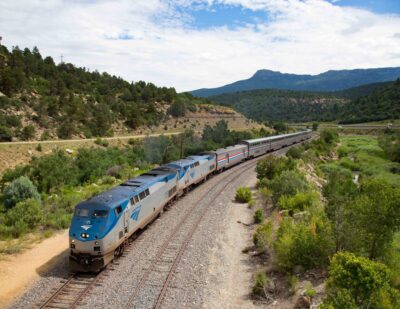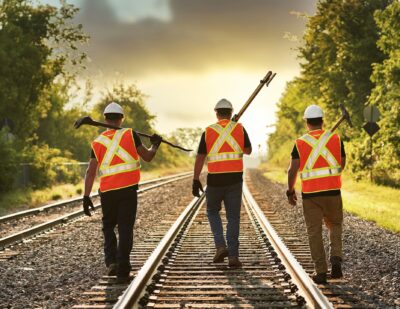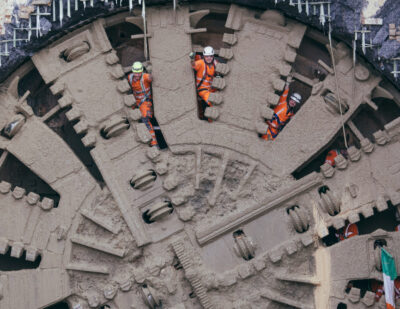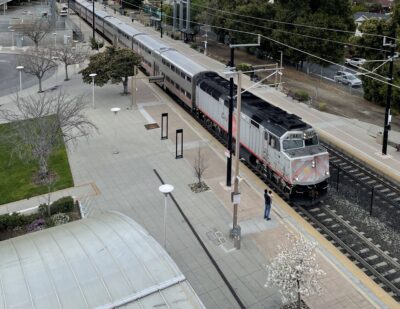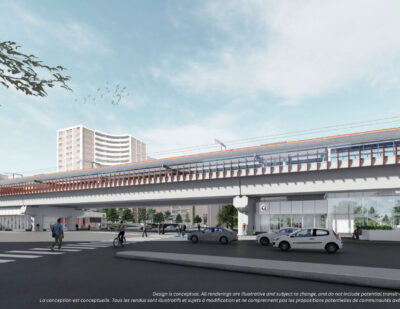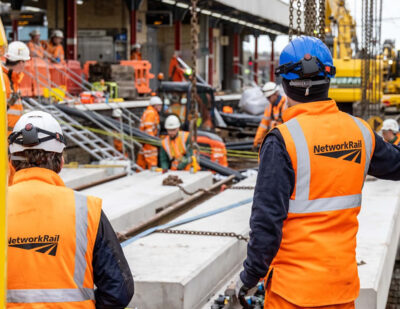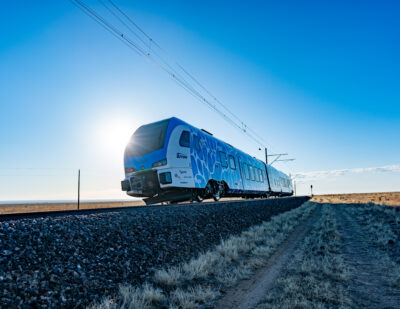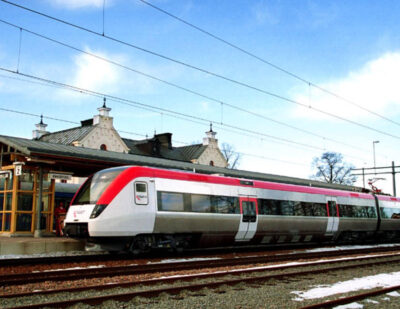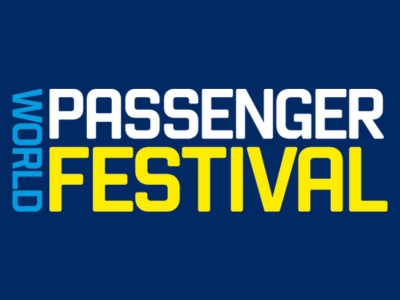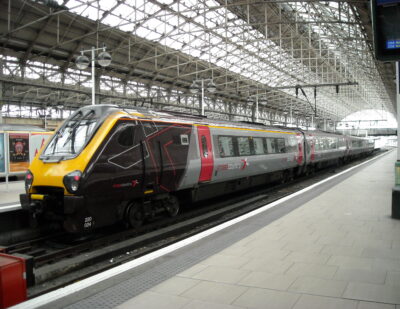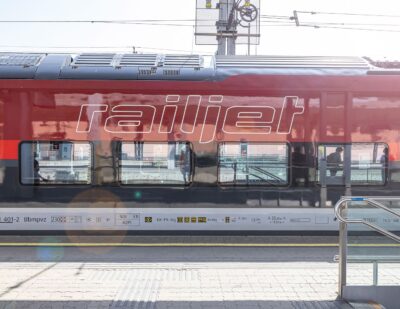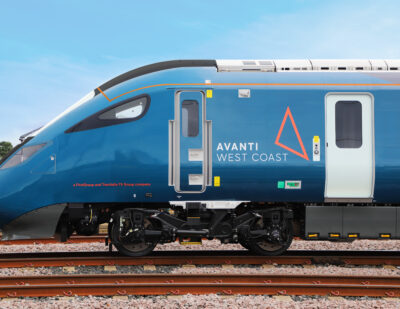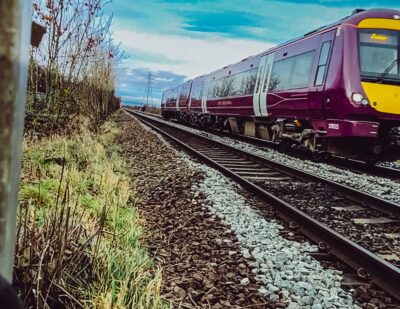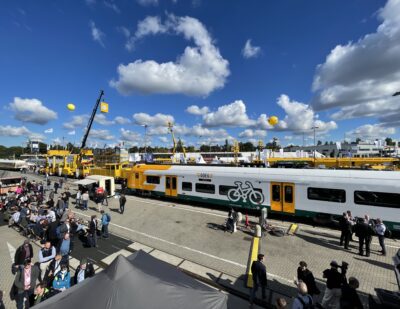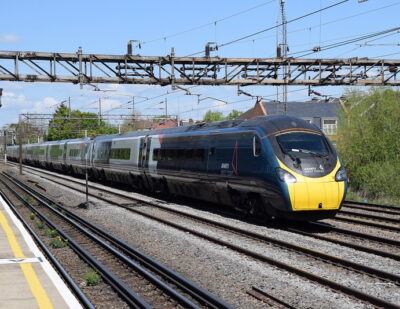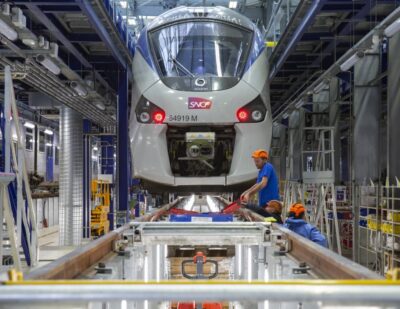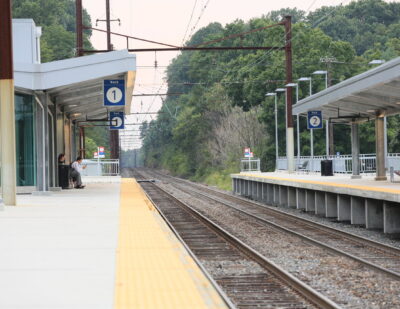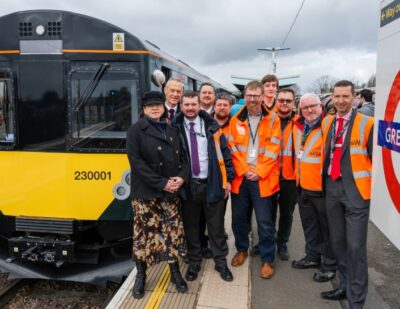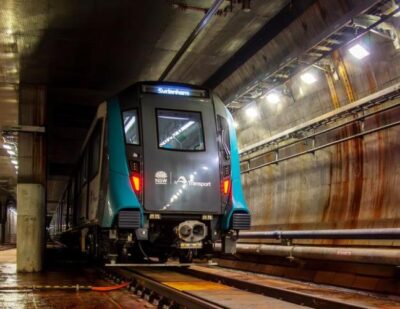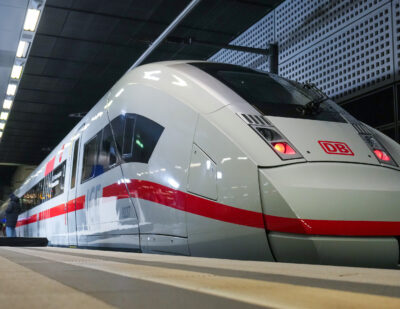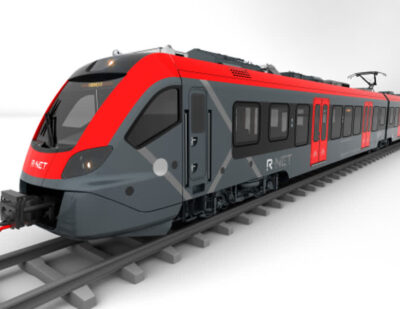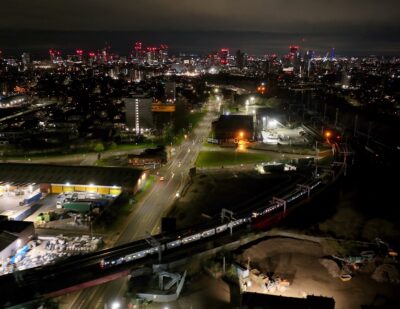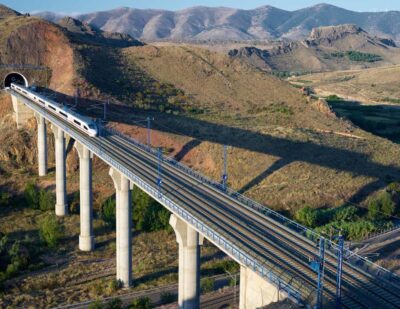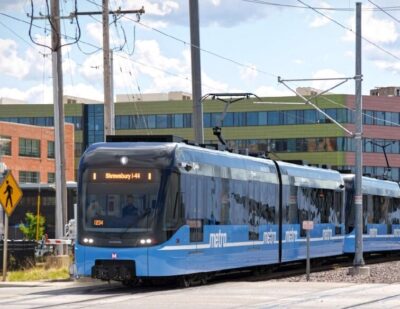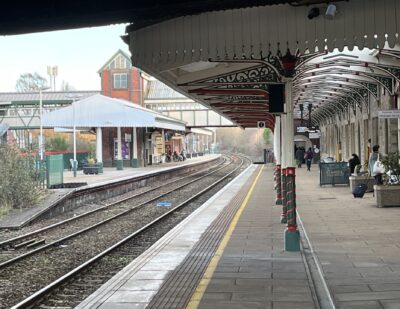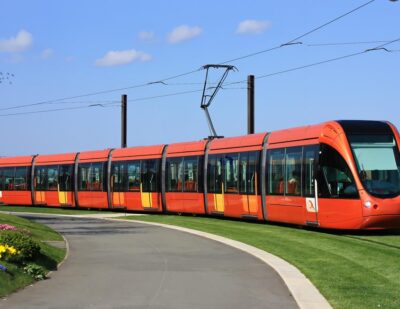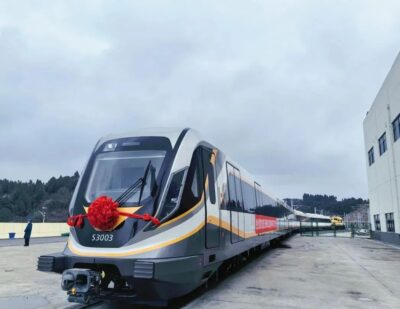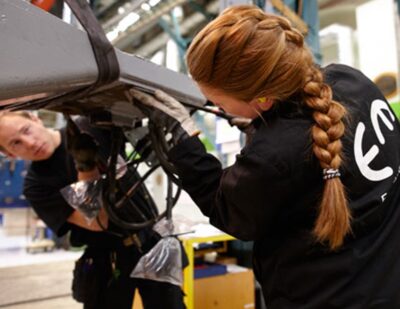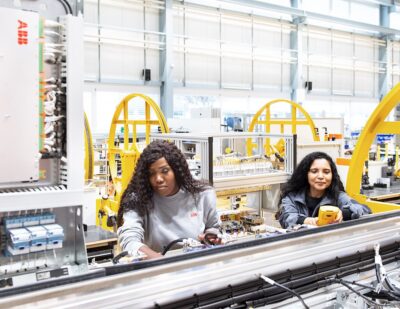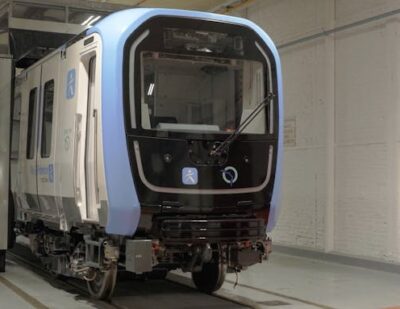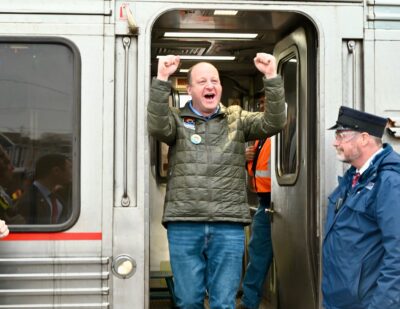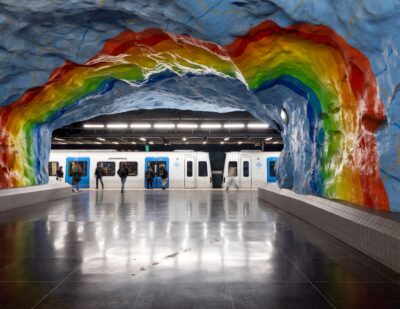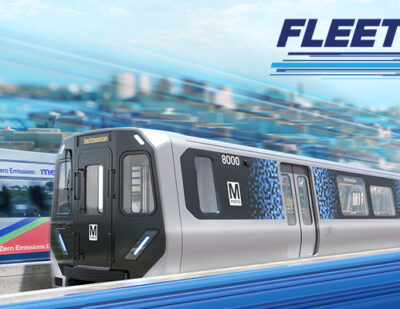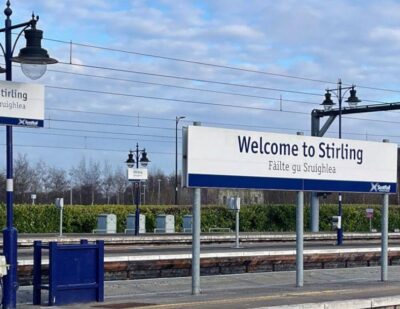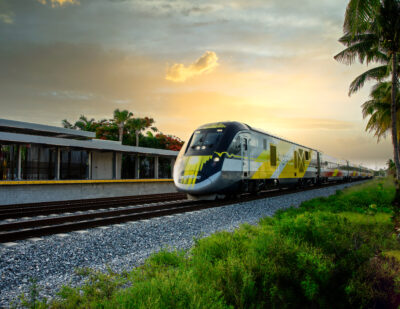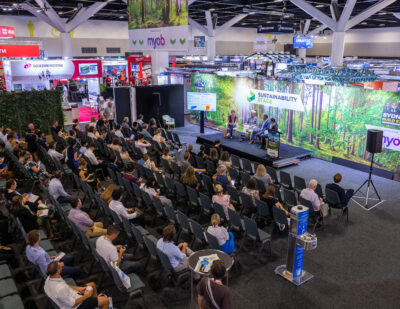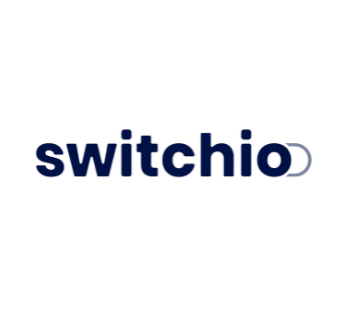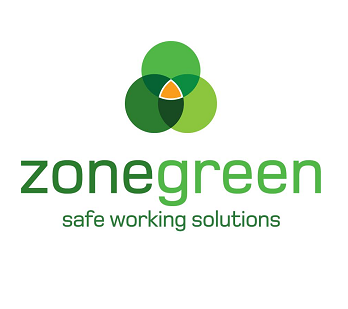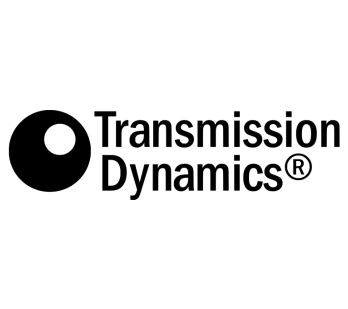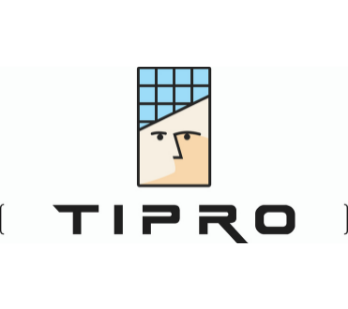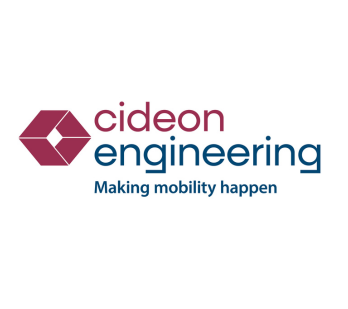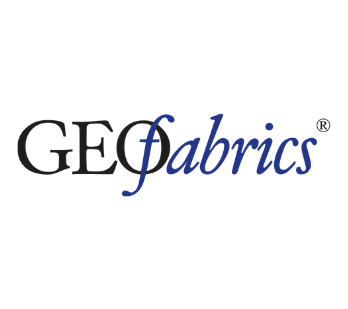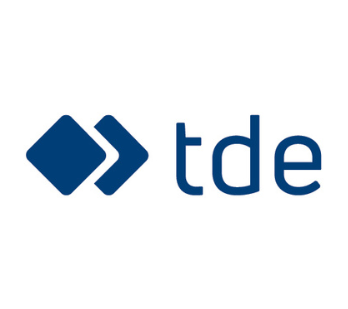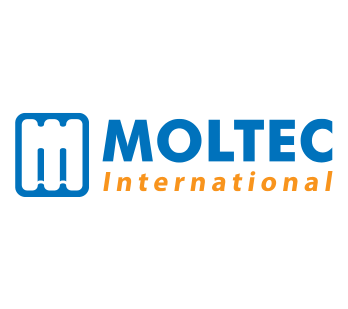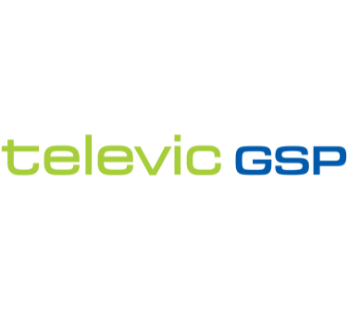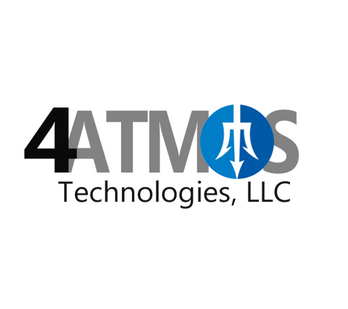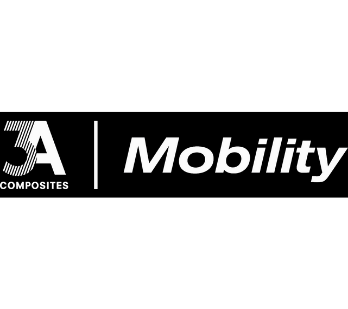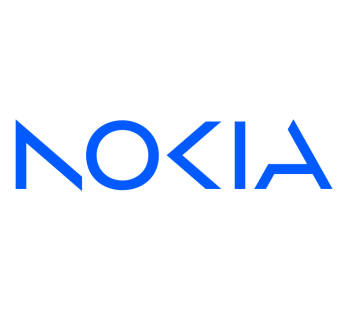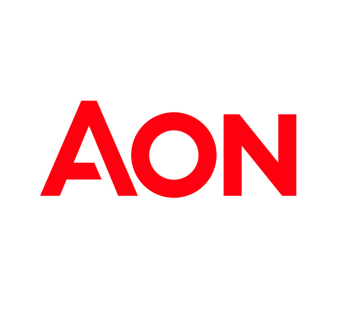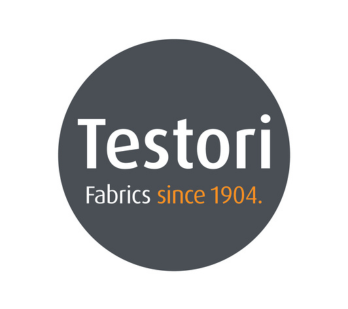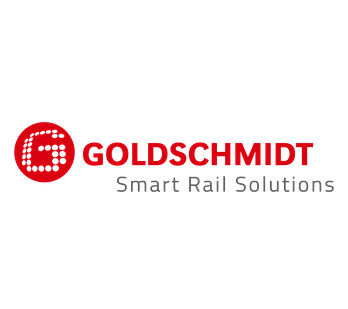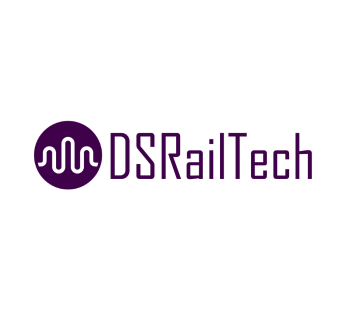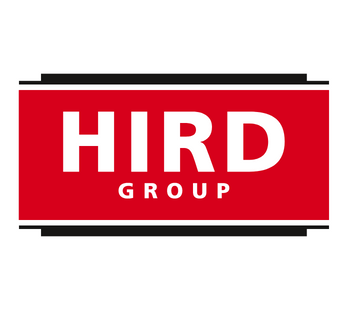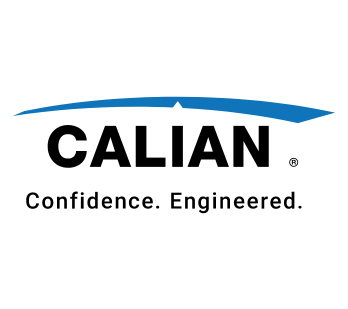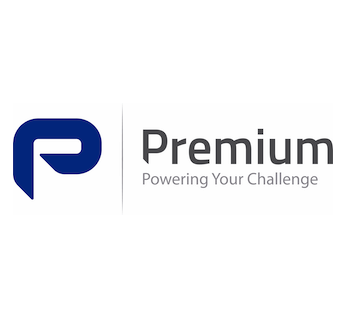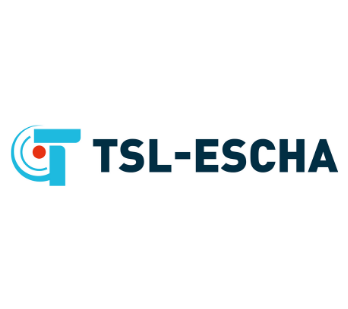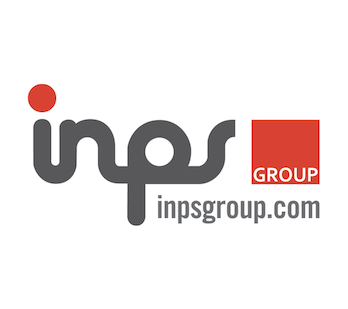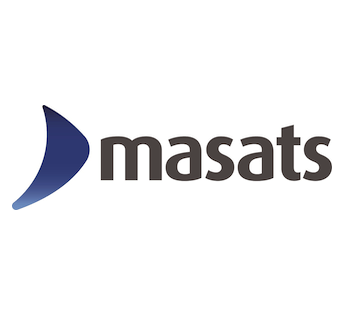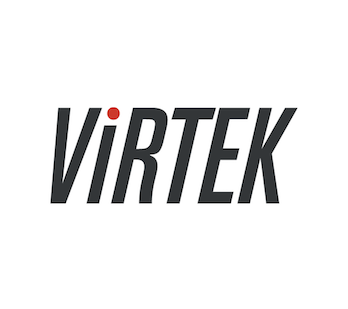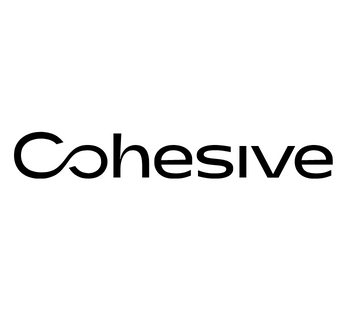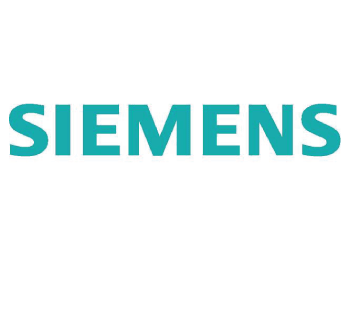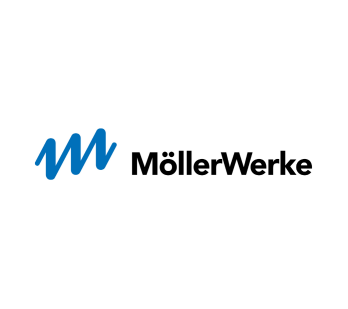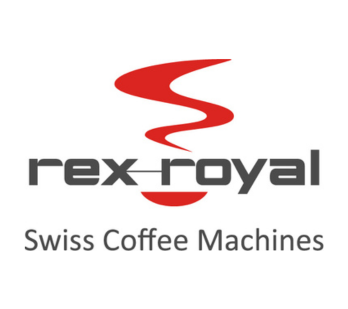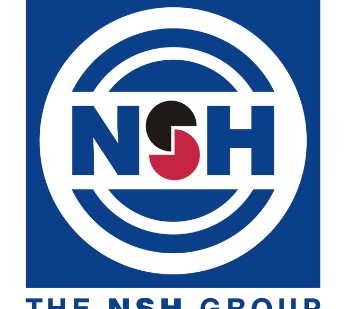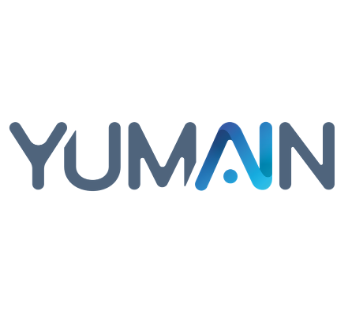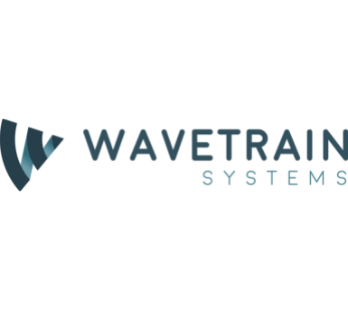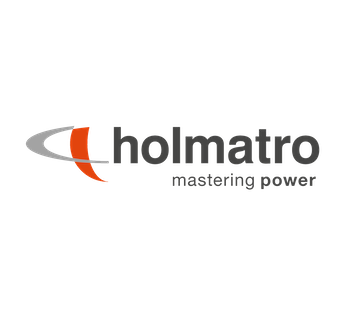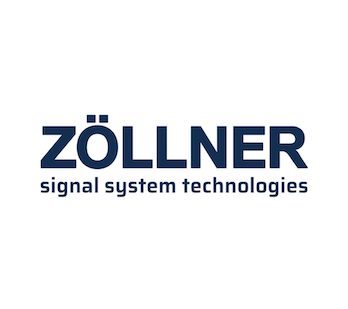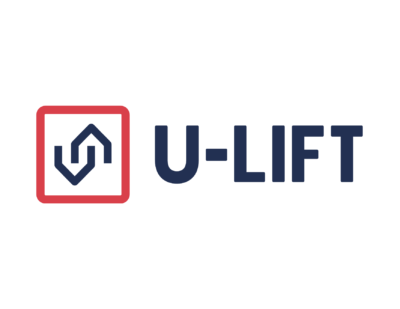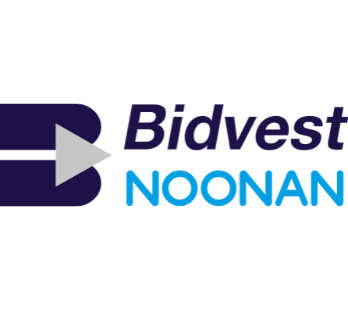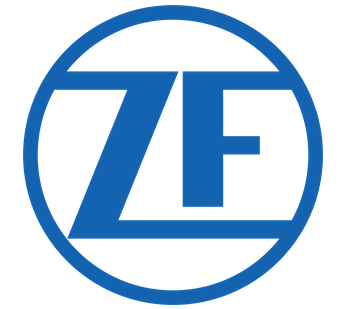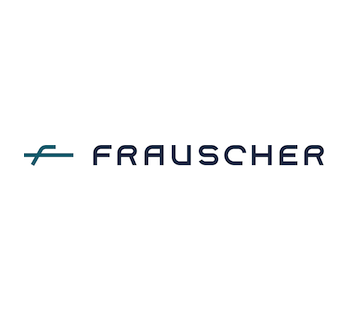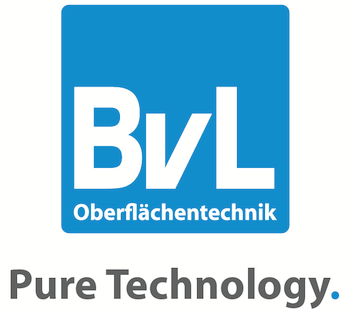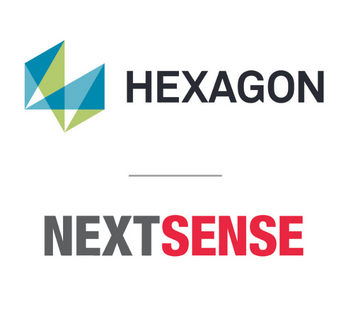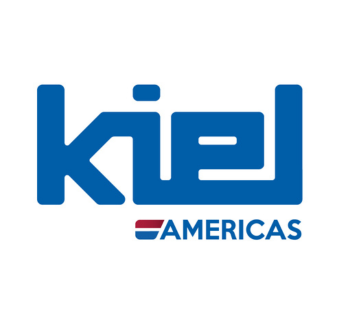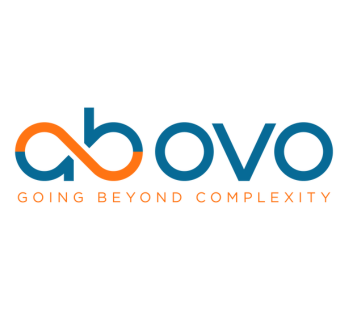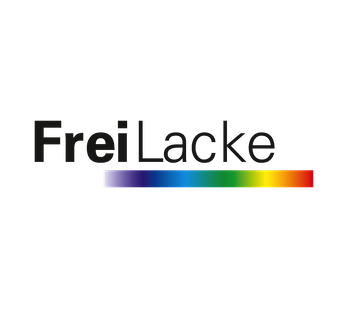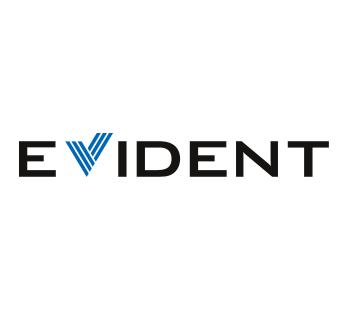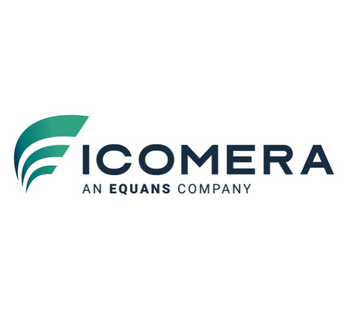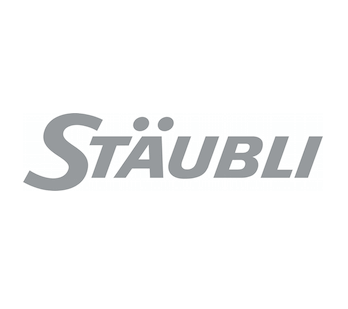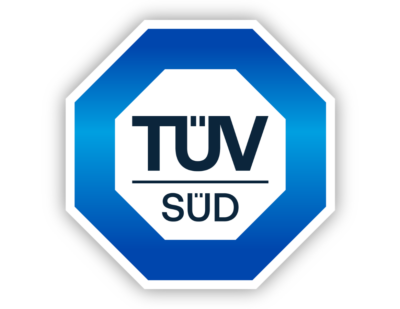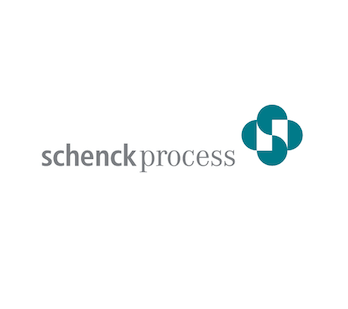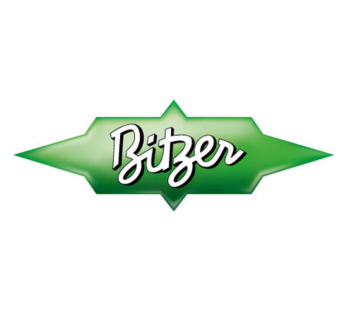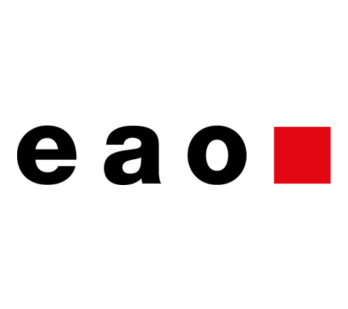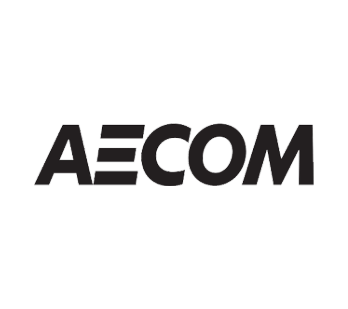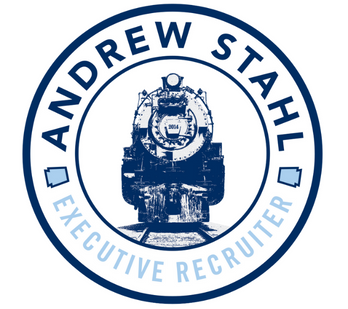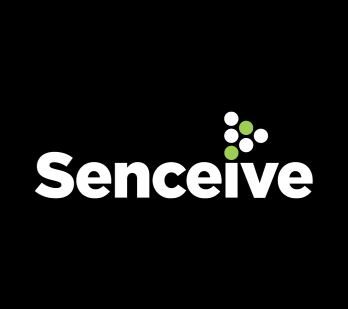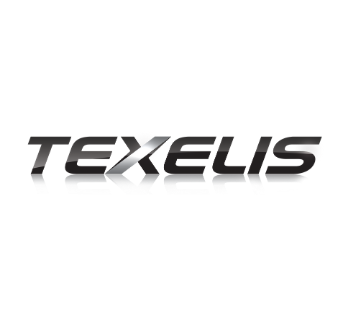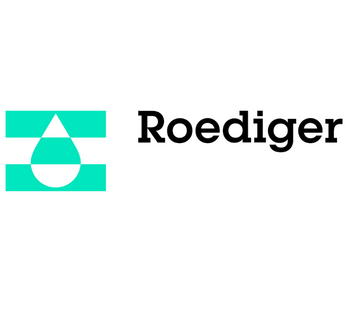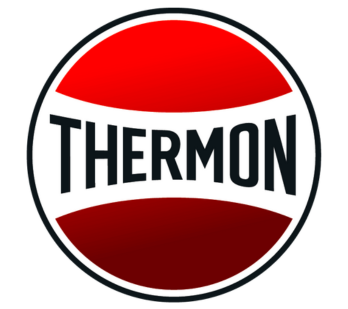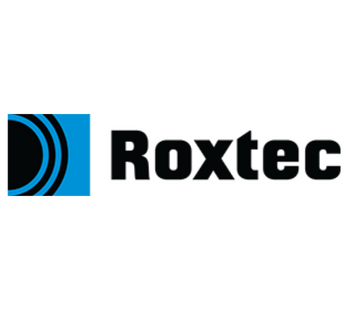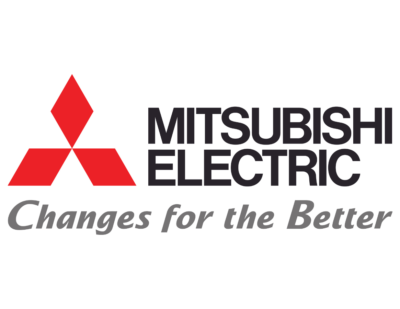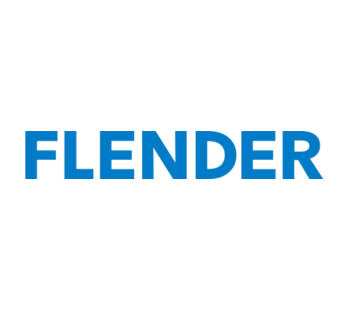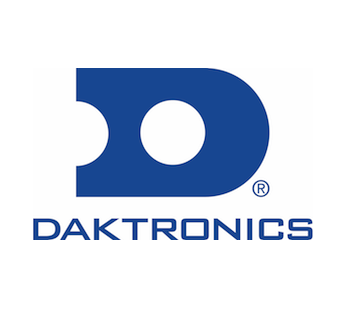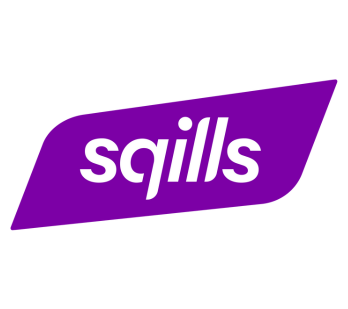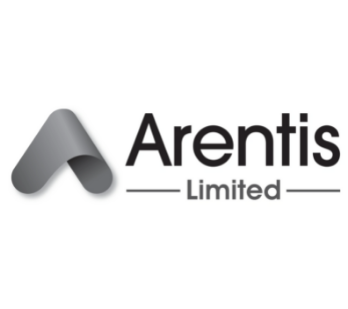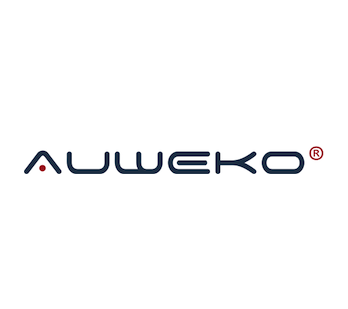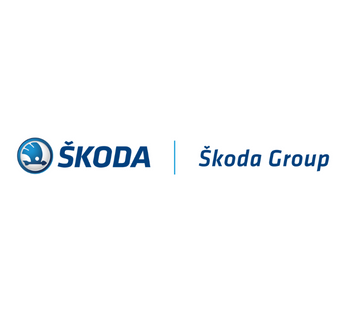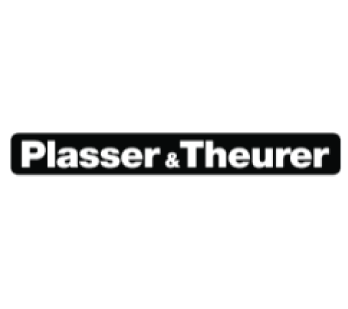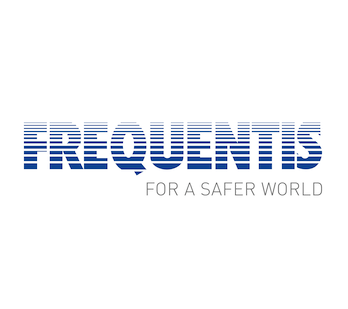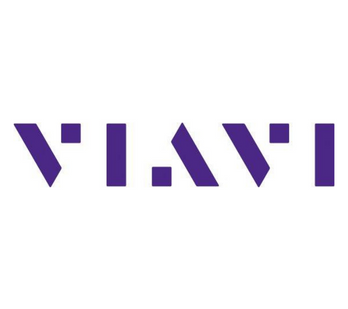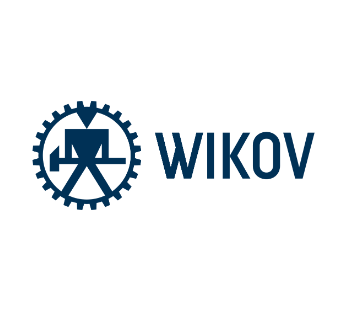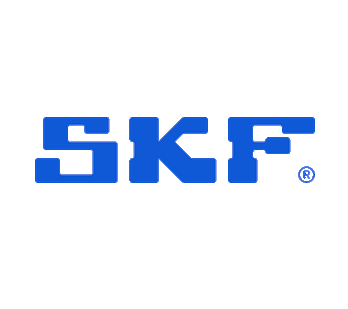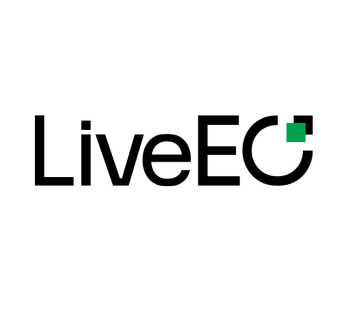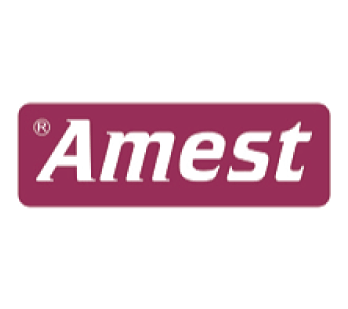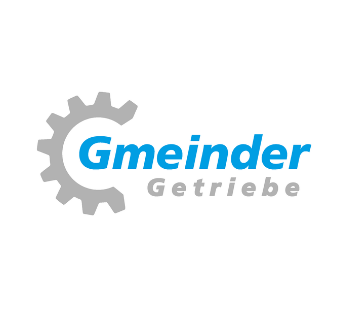Locomore The World’s First Crowdfunded Train Set to Go Ahead in Germany
Image courtesy of Locomore
Getting Things Done the 21st Century Way: Crowdfunding
Crowdfunding has been around for a while now the internet was used to raise money for various projects as far back as the nineties but in more recent times this concept has become far more organized with special platforms dedicated to it. And its a successful concept too. The highest amount raised by a single crowdfunded project tops $100,000,000. This is for the video game Star Citizen. In fact, many successful crowdfunding campaigns are for video games. Other projects include smartwatches, smartphones, films, card games and even charities and real estate. Now there is something new on the table: crowdfunding an entire train.
Locomore Germany Crowdfunds a Train
Locomore is a German project that has a funding threshold of 460,000. The goal is to run one train a day from Stuttgart to Berlin and another one from Berlin to Stuttgart. The philosophy behind the project is two-fold: providing an ecologically sound travel option and keeping prices down and service up an aspiration best aided by competition in the marketplace, says Derek Ladeweg, founder of Locomore.
The situation on Germanys railway tracks is one of open access. Unlike in the UK for example, where train operating companies bid for franchises that they get exclusive rights to, any train operating company can apply to run trains on the German network, which is overseen by DB Netze. Companies can apply for an annual slot or even a five-year one, as Locomore has done. Any train operating company can bid on a route and a time slot and if there is availability, they get the go-ahead.
Railway-News spoke with Locomore Founder Derek Ladeweg about the Locomore project. During the interview he explained that this long-distance train was the first step and if successful, other routes and more trains would follow. The Stuttgart-Berlin route was picked as the opening gambit because its a popular, busy route, meaning that the demand is there, making this a sound choice. Future routes include Berlin-Bonn and Frankfurt-Munich and Locomore would also consider in time moving into the shorter-distance, more local sector.
Green Sustainable Travel as a Core Value: Locomore Says No to High-speed Travel
Derek Ladeweg explained that Locomore would not be a high-speed train. It would run at 200km/h. The journey time between Berlin and Stuttgart would be 6 1/2 hours, almost as fast as an Inter-City Express (ICE), though they can travel up to 320km/h. The reason, he said, why Locomore wouldnt be running high-speed trains was its commitment to being green. Despite Locomore obtaining all of its energy from sustainable sources, the energy required to produce the extra 3040km/h needed to make it a high-speed train was exponentially greater and the company just couldnt warrant that amount of energy expenditure. I asked Mr Ladeweg about whether he believed the longer journey time would put passengers off, but he felt this wouldnt happen, pointing to the rise in popularity of long-distance buses, which take even longer and dont allow for extra comforts such as travelling with a bicycle for example.
Value-for-money Pricing
The second aim of Locomore, to produce affordable value-for-money travel is in part realised by this slower travel speed as the reduced energy consumption directly translates into lower running costs. Another way the company can easily keep costs down, I was told, was because it was a small company that didnt have all the overheads and expenditures that bigger outfits had.
But the pricing vision goes further than that. Locomore hopes to run at an operating capacity of at least 60%, compared to DBs 50%. The company wants to base its ticket prices on that capacity, which will in itself produce attractive pricing, as the fuller a train becomes, the cheaper the per capita running costs will be. Locomore states that its ticket prices will always be less than half of what Deutsche Bahn charge for the same journey, with long-distance journeys costing 22. When I asked Mr Ladeweg whether he thought that capacity was realistic, he said yes, because being small with just one route, Locomore was able to choose a popular route in a popular time slot . Deutsche Bahn has no such luxury.
Locomore’s Additional Services
Furthermore Locomore hopes to offer free wifi on board as well as special compartments for business travellers or families for example, to make the whole travel experience a more pleasant one. Children under the age of 14 accompanied by an adult travel free. Locmore will also run a catering service at favourable prices with food that is largely organic and fair trade where possible, demonstrating a holistic approach to its green ideals. Its an attractive package and one thats welcomed in Germany, where Deutsche Bahns market dominance is not viewed favourably.
One criticism sometimes launched at Locomore is its necessarily limited service as it commences operations. Passengers will have to switch to other modes of transport or different train operating companies if they wish to travel further than Berlin-Stuttgart. Derek Ladeweg told Railway-News he was optimistic about this. With the train schedule set in advance, passengers would show up for this train if it was at a good time for them.
Financial Support: Startnext
Locomore is currently on tour to garner support for the project. The two remaining venues are Frankfurt on 12 January and Berlin on 19 January. The funding period runs out on 29 January on the startnext crowdfunding platform.
There are two ways to support this project financially . Backers can either donate a sum in return for goodies, such as mugs and T-shirts, or advance tickets as well as transportation credit worth 150 for 100, while the maximum sum of 20,000 buys a donor a personalised 10-year travel card. The other way is to invest in Locomore for four years via a microloan. The sums invested here tend to be between 5005,000 and the investor will receive a small percentage on their capital. Within the first four weeks of the crowdfunding campaign, Locomore received 231,248, more than 50% of its required funding threshold.
Locomore to Begin Operating in September 2016
If successful, Locomore will start operating in September 2016, departing Stuttgart at 6.40am, arriving in Berlin at 1.27pm, before departing Berlin again at 2.29pm and arriving back in Stuttgart at 9.19pm.
Here at Railway-News we report on industry news and the latest technology in the sector and we are particularly pleased when we come across such innovative ideas, particularly ones that put sustainable travel at their heart, so we shall follow this project with interest and hope that we can do our bit to give it exposure so that it becomes a reality.

